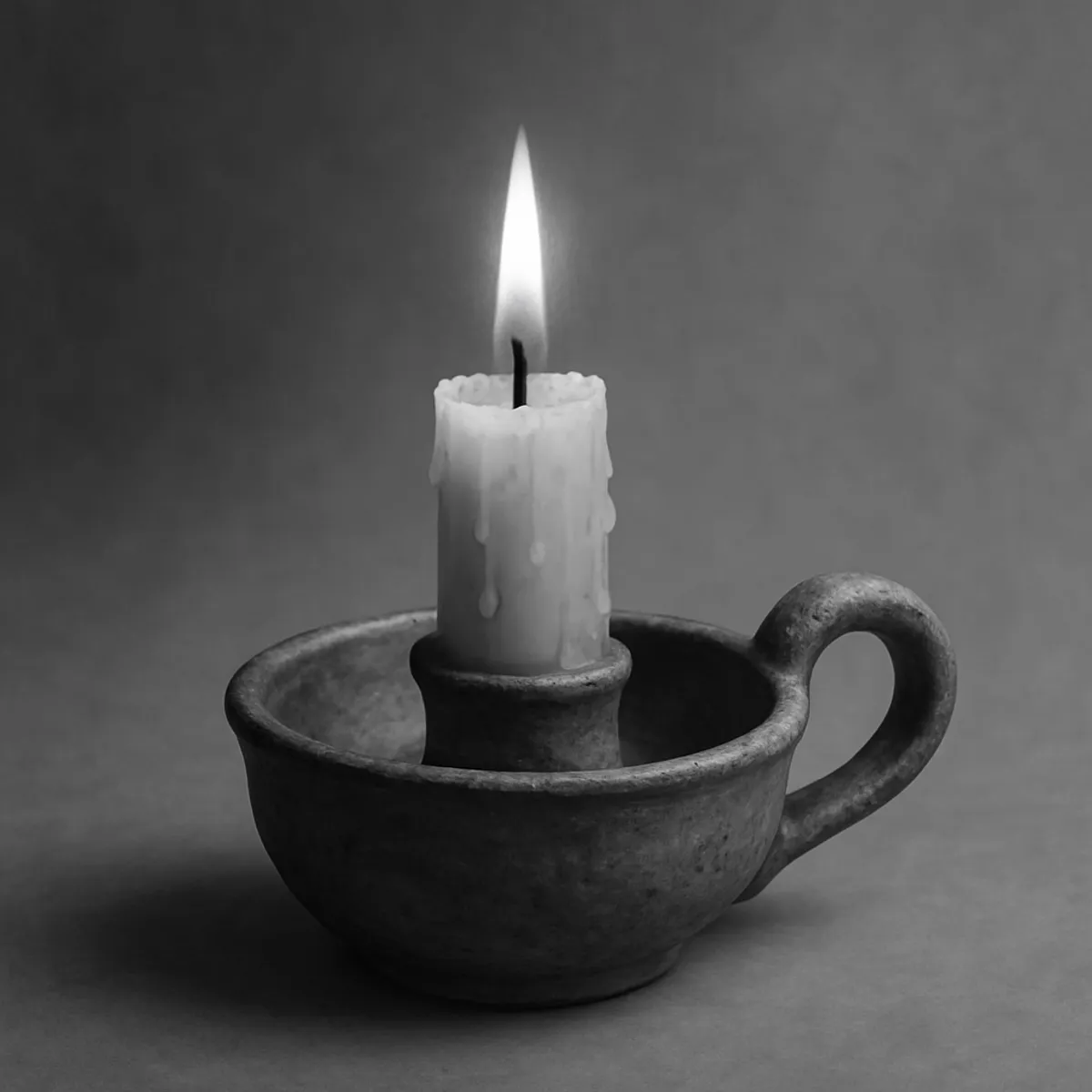
What It Means if Your Therapist Is Anglican
- David Hamilton
- July 1, 2025
- 4 mins
- Faith
- embodiment rhythm therapy
What It Means if Your Therapist Is Anglican
You may not have thought much about your therapist’s spiritual background. That’s okay. It shouldn’t get in the way, not in good therapy.
But sometimes, the soil a person grows in shapes how they listen. And if your therapist happens to be Anglican—like me—you might sense a few things under the surface.
You don’t need to be Anglican. Or religious. Or even spiritual.
But this might help explain a few things.
A Love of Rhythm
Anglican tradition leans toward rhythm. Morning and evening prayers. Seasons that return year after year. There’s something comforting in the repetition—not as routine for its own sake, but as a quiet recalibration. A way of returning to center.
If your therapist carries that with them, you may notice it in the steady pace of your sessions. The way they help you come back to things. The sense that healing isn’t always about breakthroughs, but about returning, gently, again and again, to what matters.
A Deep Regard for Words
Anglicans tend to care about language. The prayers are old and carefully kept. They’re not flashy, but they’re weighty. Each word has been chosen and tested over time.
That might be why your therapist pauses before speaking. Why they seem to notice the exact words you use. Why a single phrase you said three sessions ago quietly returns, at just the right moment.
Words are not thrown around lightly. They’re lived with.
A Sense of Mystery
In the Anglican imagination, not everything needs to be explained. Not everything can be. There is space for mystery—for things that are real even when they can’t be measured. That doesn’t mean vague or fuzzy. It means reverent. Patient.
You might notice this in the way your therapist holds silence. The way they don’t rush to fix things. The way they’re okay with not knowing yet. Or how they seem to trust something unfolding, even if it’s still unclear.
The Body Is Not the Enemy
Anglican spirituality has always made room for the physical—candles, kneeling, bread and wine, water on the forehead. It doesn’t try to escape the body. It trusts the body to participate in healing.
So if your therapist invites you to breathe, to feel your feet, to notice the tension in your shoulders—they’re not just being “mindful.” They may be practicing something older. Something that says: the body isn’t a barrier to wisdom. It’s one of its voices.
Healing Isn’t Solitary
Anglican life leans toward community. Not because it’s always comfortable—but because it’s how we’re wired. Healing is relational. Growth happens in connection.
That might be why your therapist keeps circling back to your relationships. Why they’re gently curious about the people in your life. Why they help you rehearse hard conversations, or celebrate the moments when you let someone really see you.
You Don’t Have to Know This
You don’t need to know any of this for therapy to work.
But sometimes it helps to understand what’s shaping the space you walk into each week. Not as a doctrine. Not as a prescription. Just as a quiet influence—a set of habits and hopes that shape how someone pays attention to you.
If your therapist is Anglican, these patterns might be present, even if no one names them. They’re not there to convert you. They’re just part of the soil the work grows in.
And maybe—just maybe—you’ll come to find comfort in the rhythm, the words, the reverent pauses.
Not because they’re religious.
But because they feel like home.
(you can leave a private note.)